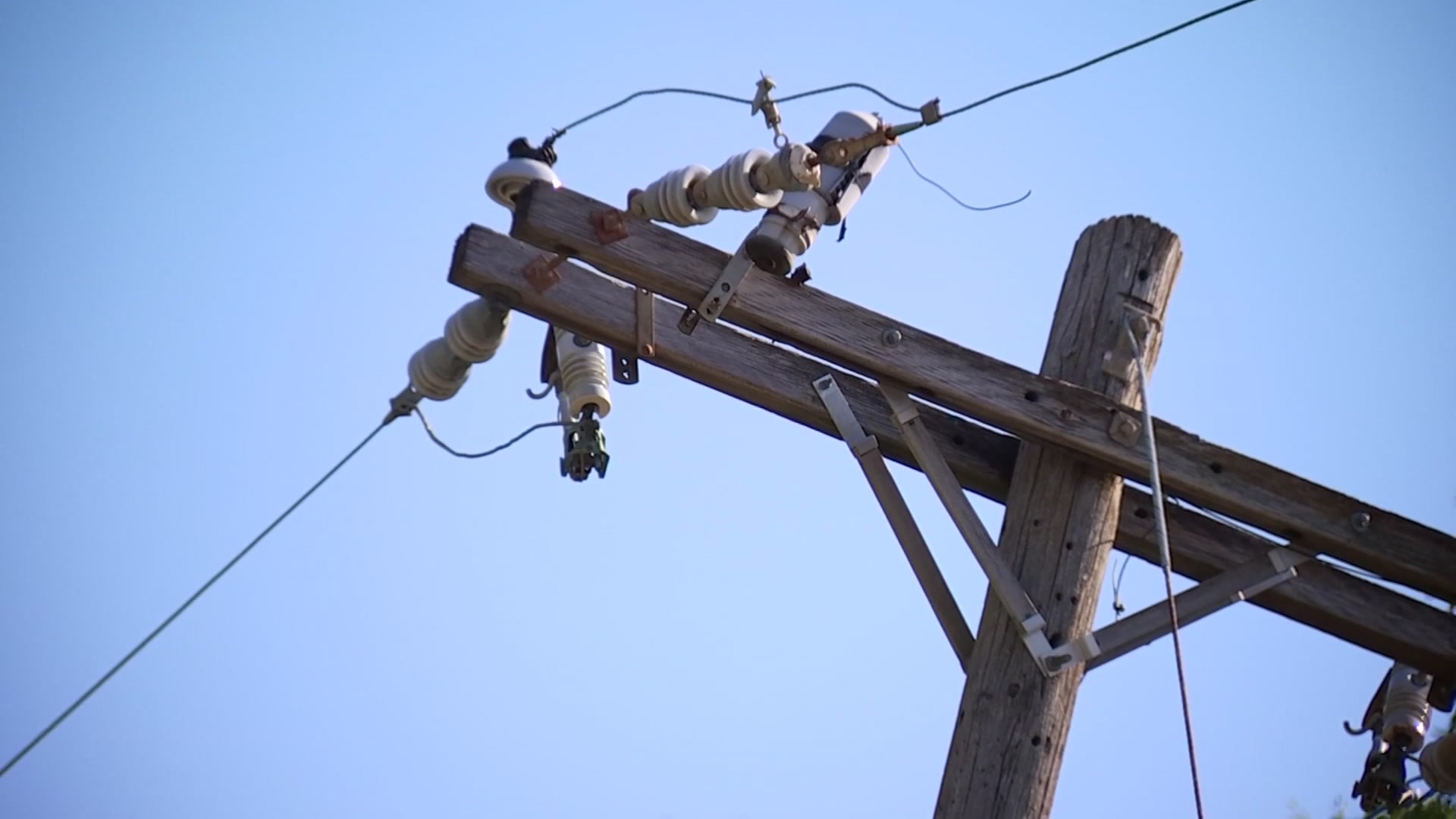A West Texas city is coming under scrutiny for a cross that sits in a public park.
The Wisconsin-based Freedom from Religion Foundation wrote Spur officials in July after a resident contacted the foundation to complain, staff attorney Sam Grover said Thursday. The cross on public land violates the Establishment Clause of the constitution's First Amendment, he said.
The foundation has no problem with the cross -- about 12 feet tall atop a hill in the park -- if it's on private land.
City officials are not commenting on the situation, city clerk Laura Adams said. A message left at city hall for on Mayor Steven L. Bland was not immediately returned.
The city didn't respond to the July letter or to a follow-up inquiry Oct. 21, Grove said.
"As long as the cross remains on public property the city is exposing itself to legal liability," he said. "They're breaking the law and anyone within the community could sue and win in court."
Spur is a farming and ranching community of about 1,300 residents approximately an hour east of Lubbock.
Texas News
News from around the state of Texas.
One Spur resident said everyone in town he's spoken with believes the cross doesn't violate the First Amendment.
"We want the cross left there," 71-year-old Jackie Rumbaugh said. "We think it is good."
The foundation has ongoing lawsuits over crosses in other municipal parks. In April, it sued Santa Clara, California, and in May it sued Pensacola, Florida.
The July letter to Bland stated that a majority of federal courts have ruled that displays of crosses on public property are an unconstitutional endorsement of religion.
The Latin cross in Swenson Park, which has been there for decades, "confers government endorsement of Christianity" and is a "blatant violation" of the Establishment Clause, the letter states.
"The cross has an exclusionary effect, making non-Christians and non-believing residents of Spur political outsiders," the letter states.
Grove declined to say whether the foundation will sue the city if the cross isn't moved. He did speak to the possibility, though.
"These lawsuits are often expensive," he said. "There's no reason for them to spend taxpayer dollars defending a constitutional violation. The solution is simple: move the religious display to private property."
This fall the nationwide nonprofit with about 24,500 members objected to a display of the Ten Commandments in a high school in the West Texas town of O'Donnell, 67 miles southwest of Spur. To avoid a lawsuit, the school district used an American flag to cover up the display.
A local businessman bought a Ten Commandments monument, which is now displayed across the street from the high school's front entrance on private property.



